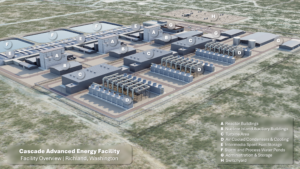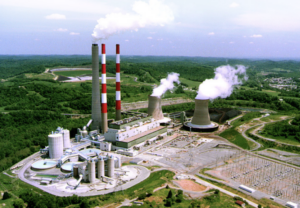Utility executives cite regulation, the environment, technology, finance, and end users as the five most critical issues facing the energy industry today, a newly released study by Platts and Capgemini finds.
The executive study, completed in March 2010, surveyed more than 100 senior utility executives from North American electric and natural gas companies. It sought to identify and prioritize industry trends, assess opinions of the future of the industry, measure steps companies are taking to prepare for the future, and gauge perceptions of the Obama administration’s impact on the industry.
Among key findings, the study found that 75% of executives cite uncertainty—specifically around emissions and carbon regulation—as the leading issue with current regulation. They also expressed concerns regarding the lack of an adequate national energy policy (52%), and uncertainty about transmission regulation (50%).
Regarding the environment, executives said new generation and transmission for renewables, along with increasing energy efficiency and conservation programs, were leading current issues. The importance of incorporating technology into utility business operations was another leading concern, including automated metering infrastructure, smart grid technology, and smart meters. Over 45% of respondents said their company had a smart grid strategy in place.
The study said that utility executives offered varied points of view about the future of the energy industry: “Based on their feedback, there will be an increase in electricity prices for end users (70 percent rating 9 or 10), increasing environmental regulation (63 percent), and increased implementation of AMI/AMR technology (51 percent).” Only 12% of respondents believed that there would be greater collaboration among utility industry leaders over the next five to10 years, the study said.
The study said that more than 80% of survey respondents said they were unsatisfied with the administration’s performance in the area of energy policy over the past year. “Their frustration focuses on the amount of discussion relative to tangible and actionable solutions,” the executive summary said. “Few see the current solutions as being satisfactory, either in scale or feasibility.”
The study noted, however, that executives lauded the administration’s stimulus package, and its attempts to “stimulate conversation about the energy industry in general.”
Source: Platts, Capgemini









